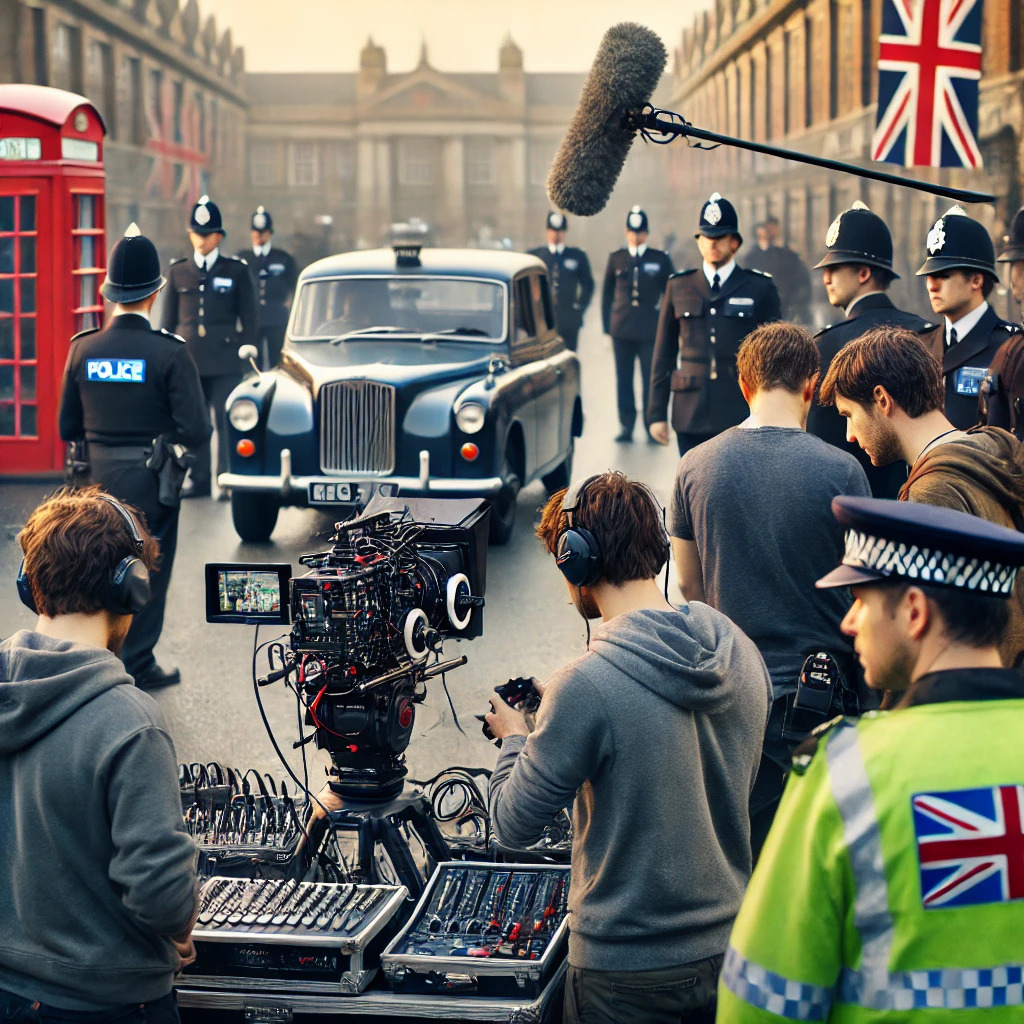
Filming security or police-related activities can be a challenging task, especially when it comes to respecting legal boundaries and ensuring the safety and privacy of individuals involved. In the United Kingdom, there are specific guidelines and laws that govern filming in public spaces and interacting with security personnel or the police. This guide will provide you with some essential tips to navigate the process of filming with security or the police in the UK.
- Familiarize Yourself with the Law:
- Before you start filming, it is crucial to understand the laws and regulations regarding public filming in the UK. The main legislation that protects individuals’ rights to photograph or film in public places is the Terrorism Act 2000 and the Protection of Freedoms Act 2012. These laws generally allow for filming in public spaces, but there may be restrictions in certain circumstances.
- It is recommended to research the specific laws and regulations that pertain to the area where you plan to film, as different regions might have additional local bylaws or restrictions.
- Respect Privacy and Sensitivity:
- While filming in public places is generally allowed, it is essential to respect the privacy and sensitivity of individuals involved.
- Avoid filming in situations where there is a reasonable expectation of privacy, such as inside someone’s home or a private property.
- Be cautious when filming individuals who may be in distress, involved in sensitive situations, or are minors. Respect their privacy and consider obtaining consent before filming or broadcasting their images.
- Be Aware of Police Powers:
- The police in the UK have certain powers to restrict filming in specific situations, primarily for reasons of public safety or national security.
- It is advisable to comply with the reasonable requests of the police if they ask you to move or stop filming in situations where it may hinder their work, compromise safety, or breach legal guidelines.
- However, remember that the police cannot delete your footage without a lawful reason, and they should not intimidate or harass you for legally filming in public spaces.
- Maintain a Non-confrontational Approach:
- When filming security or police activities, it is essential to maintain a calm and non-confrontational approach. Avoid unnecessary arguments or aggression, as it can escalate the situation and potentially lead to legal issues.
- If confronted or questioned by security personnel or the police, be cooperative and polite. Clearly state your rights to film in public places and refer to the laws and guidelines that protect your right to do so.
- Ensure Safety and Personal Protection:
- Your safety and the safety of those around you should always be a top priority. Avoid placing yourself or others in danger while filming, and be mindful of your surroundings.
- If filming in potentially volatile or hazardous situations, consider wearing high-visibility clothing to differentiate yourself from the crowd and ensure that security or police personnel are aware of your presence.
- If filming in close proximity to security or police operations, follow their instructions regarding safety precautions and ensure that your presence does not interfere with their duties.
- Seek Legal Advice if Necessary:
- If you encounter legal issues or believe your rights as a filmmaker have been violated, it may be prudent to seek legal advice from a solicitor who specializes in media law.
- They can provide you with guidance and assistance specific to your situation, helping you understand your rights and potential remedies.
Remember that this guide serves as general information and should not be considered legal advice. Laws and regulations can change, so always stay updated and informed about the specific guidelines in your area. Respecting the rights, privacy, and safety of individuals, as well as maintaining a cooperative and non-confrontational approach, will help ensure a smoother experience while filming with security or the police in the UK.